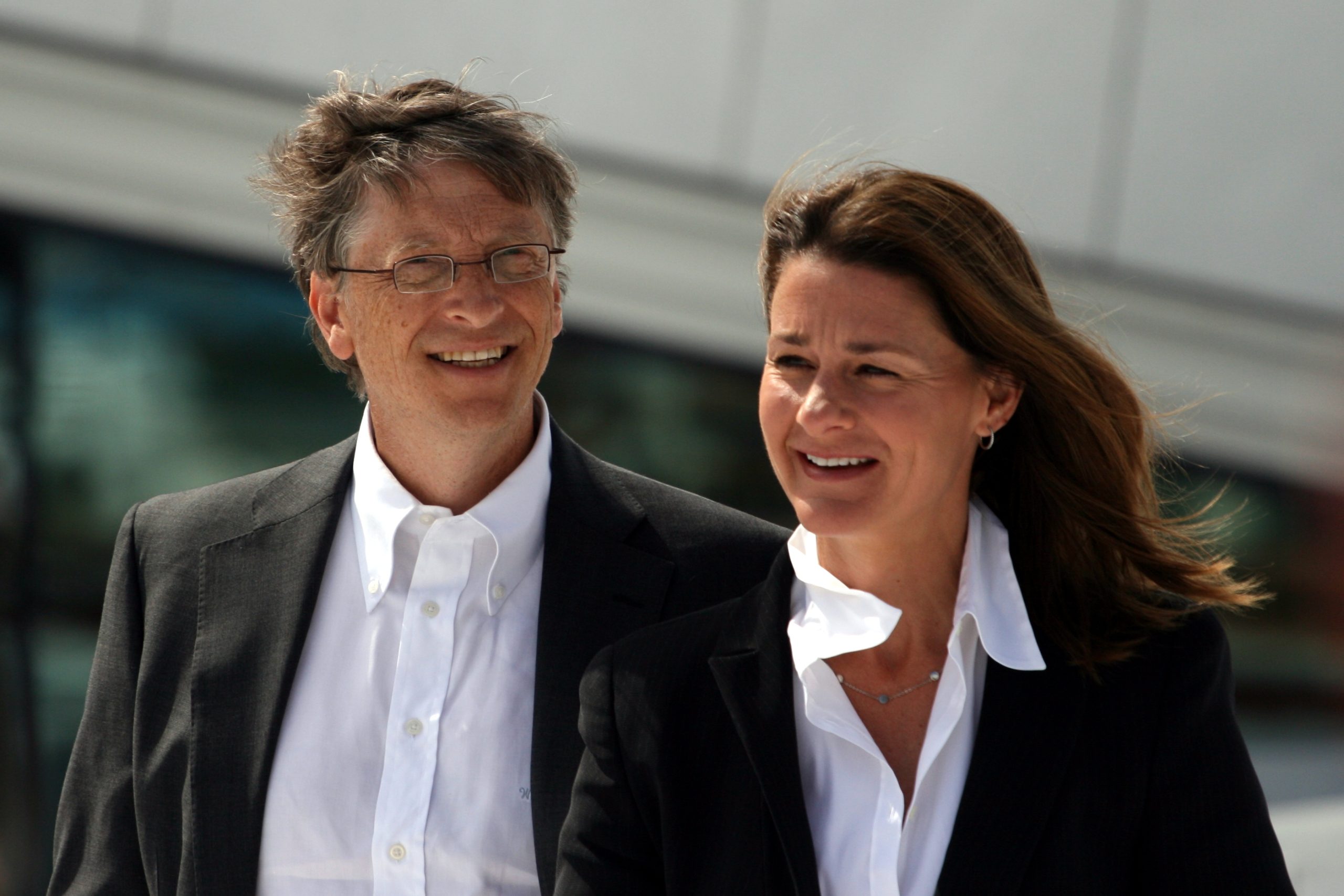The Bill & Melinda Gates Foundation has committed $158 million over the next four years to identifying and breaking down barriers to domestic economic opportunity.
The investment is relatively modest compared to other foundation investments and will not seek specific outcomes like the organization’s work with various diseases, according to a LinkedIn post by CEO Sue Desmond-Hellmann. The foundation will instead support the efforts of those already in the field.
“They have experience and great ideas, and we have identified a few ways we can help them be even more effective,” said Desmond-Hellmann. The foundation has identified five specific areas of support:
- Closing data gaps. The foundation has already funded research that analyzes neighborhood characteristics that promote economic mobility and the effects of race;
- Convening local leaders and policy members to emerging knowledge, funding, and each other by establishing nationwide partnerships and networks;
- Making the work of on-the-ground groups easier by investing in a hub to connect those working to combat poverty with funders;
- Assisting low-income workers move up the economic ladder. Approaches toward this goal will be analyzed over the next year; and,
- Helping change the rhetoric and misconceptions around poverty. Research will help provide more accurate and actionable messages about economic mobility.
The initiative is being pursued in coordination with the U.S. Partnership on Mobility from Poverty, a project supported by the Urban Institute with funding from the foundation. The partnership is made up of 24 leaders in the fields of academia, faith, philanthropy, and the private sector.
Nisha Patel, executive director of the partnership, told reporters during a conference call previewing the launch that the majority of partnership members are individuals of minority groups. Members come from different backgrounds and political leanings.
“We are not a consensus group,” she said. “Not every partner agrees with every proposal, but there are things that we agree on.” Those include the concept that economic mobility is not all about income. A family earning $24,000 per year is not significantly better off making $25,000. Power and autonomy are important drivers, as is the notion that the zip code you are born in cannot define economic destiny.
Patel referenced her two years’ worth of meetings with families struggling to make ends meet. Such families include those living in East San Jose, where a couch to sleep on can cost $600 per month in rent, and had no concept of the immense wealth of nearby Silicon Valley.
“What those encounters illuminated was not news, but bears repeating,” added Desmond-Hellmann, referencing the same meetings. “Opportunity in America is bound tightly to a variety of factors including housing, health, race, family and education.”











